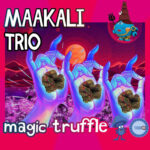Postpartum depression is a form of depression that usually occurs between 1 week to a few months after childbirth. It is characterised by extreme sadness, anxiety, fatigue, insomnia. In some cases it can cause suicidal thoughts — caring for the baby often becomes almost impossible.
An Illness To Be Treated
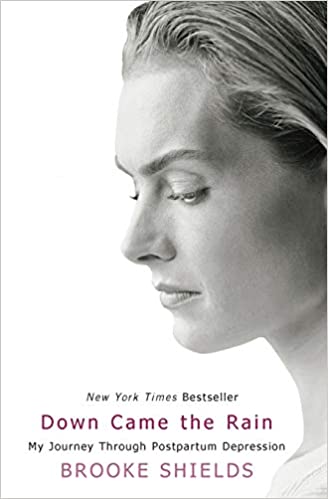
In 460 BCE Hippocrates describes women suffering “agitation, delirium and attacks of mania” after birth; fast forward a couple thousand years and Brooke Shield’s was sharing her story of postpartum depression in her 2005 autobiography ‘Down Came The Rain. Despite this huge leap in time, it seemed as though the idea was still as foreign as it was in Hippocrates’ era.
The concept of ‘womanhood’ is tightly entwined with the concept of ‘motherhood’. We live In a world where women have only in recent history gained independence. Sadly, in the not too distant pas,t if a woman could not do her ‘duty’ (i.e. be a mother) she was treated badly by society. Thankfully, the world is changing, and the concept of ‘womanhood’ has been revealed to be in many ways just that — a concept. Depression, including postpartum depression, is an illness to be treated like any other. However, many women still suffer in silence and shame, blaming themselves for not being able to bond with their babies. Or they lose the will to care for them when the weight of their depression becomes too much.
Traditional Treatments Are Not An Option
For many mothers suffering, traditional antidepressants such as SSRIs are not an option. They may fear the worsening of their symptoms during the first few weeks of trying a new medication (a common effect), something they cannot risk when caring for a baby. They may not want to experience the dumbing down of the positive emotions that they are still able to experience. It may be that they are part of the notable population for whom SSRIs unfortunately just do not work. Whatever the reason, there is still a lack of appropriate treatment for this condition that affects 15% of women after childbirth. And it’s not just women — it also affects around 10% of men.
Is it any wonder parents are taking things into their own hands?
Via that great leveller, the internet forum, mothers have been sharing their stories of microdosing psilocybin to alleviate the symptoms of their postpartum depression. And, what started as anonymous tips on Reddit have become fully-fledged articles on Goodhousekeeping.com! Who’d have thunk it?
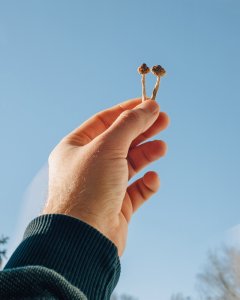
Well, we would have, of course. The healing properties of psilocybin (the active ingredient in magic mushrooms and truffles) have long been known by an ‘underground’ section of the population. Luckily however, the rest of the world is catching up. Psilocybin is being considered as a serious medicine for everything from depression, to PTSD to OCD as well as for general well-being, motivation and creativity.
A Journey From Despair To Wellness
In a recent Goodhousekeeping.com article, Melissa Lavasani, a sufferer of extreme postpartum depression, shared her journey from despair to wellness, all with the help of magic mushrooms.
Melissa’s first pregnancy had been without trouble. Her second however, was dogged with pain and antepartum depression (depression during pregnancy). After the birth of her son, her conditioned worsened;
“By late 2017, I developed severe postpartum depression. It wasn’t just profound sadness, it was dread. I had a constant chatter of negative self-talk going on. A voice in my head reminding me what a terrible wife and mother I was.”
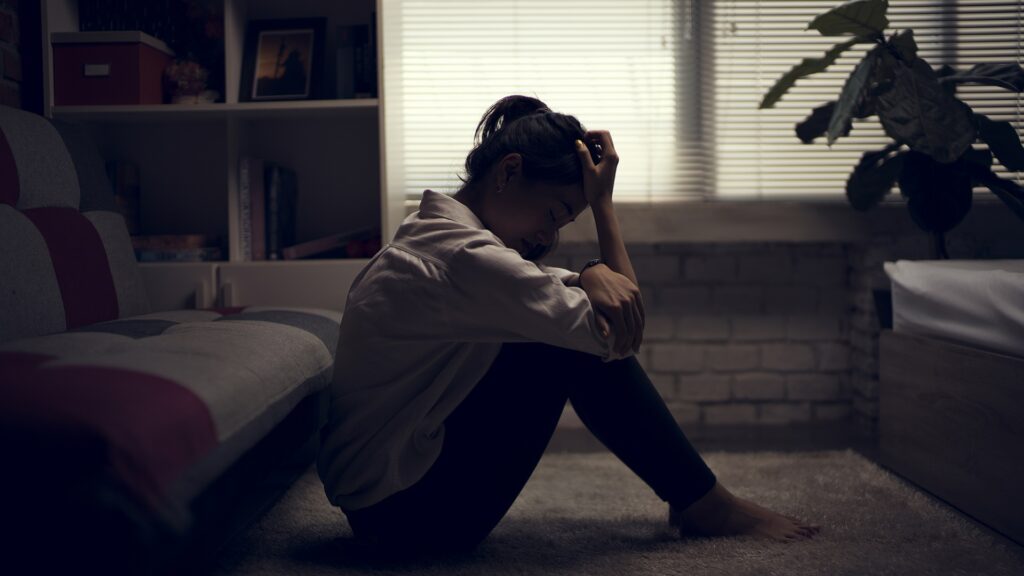
A kernel of hope presented itself however. On a car journey Melissa and her husband listened to a podcast. The guest was none other than mycologist Paul Stamets. On the podcast he extolled the virtues of magic mushrooms as a treatment for depression. Having only ever known of magic mushrooms as an illegal substance, Melissa was skeptical and a little scared. But she was also at her wits end and willing to try anything. She went on a research deepdive and soon saw that psilocybin being studied legitimately everywhere from John Hopkins University to Berkeley. But, unfortunately, she didn’t qualify for any of the research studies currently taking place.
Melissa Begins To Microdose
In 2018, her husband began growing magic mushrooms for her at their home. As local government employees in DC where they lived and where psilocybin was currently illegal, they were taking a big risk. Not trying however, was starting to look like an even bigger risk. Melissa had begun to hear voices, have panic attacks and harm herself. Her husband took on all the childcare.
Finally the mushrooms had reached maturity. Using a digital scale to measure half a gram of magic mushroom, Melissa started to microdose. Three days after her first try she began to notice a difference. After the dissociation of her depression she began to feel that she existed in her body again. She felt present. She describes the feeling of microdosing psilocybin:
“I compare the feeling to getting eight hours of sleep, having a good workout and drinking the perfect amount of coffee. I just felt sharp and ready for my day.”
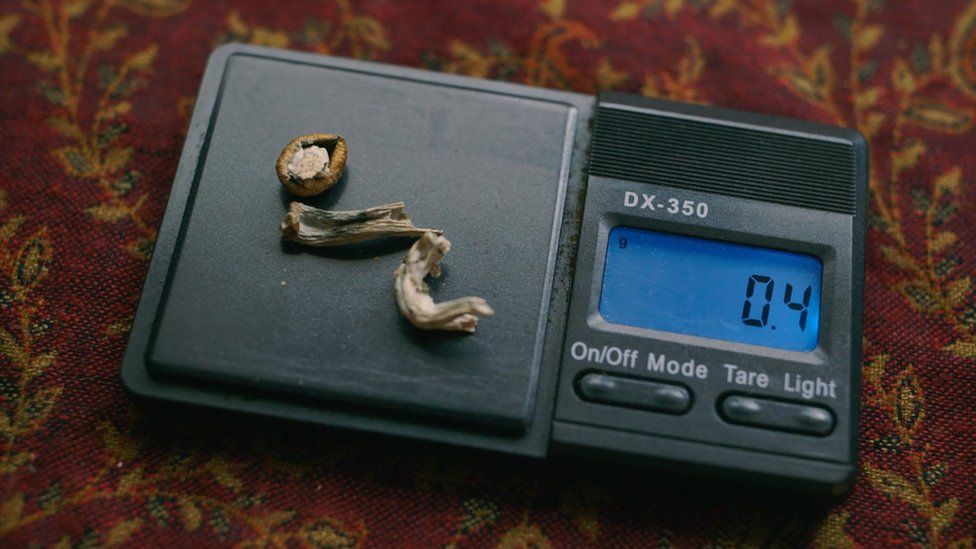
As her depression began to lift, life began to have vibrance again. She could smell and taste things better, she even returned to her therapist. Microdosing three times a week was bringing her back to the Melissa she had been before.
Why Magic Mushrooms Should Be Legalised
Unfortunately, her mushroom supply eventually ran out, and subsequent amounts to grow a crop failed. Here we are reminded clearly as to why magic mushrooms should be legalised. A woman was curing herself, and then lost this ability due to draconian laws. Desperate, feeling the clouds of depression returning, Melissa participated in some ayahuasca ceremonies on the recommendation of a friend.
“…ayahuasca opened my mind and allowed me to face and process my trauma. It didn’t cure my depression, but after the ceremonies, I began to understand that the solution to my issues is not found in anything or anyone except myself. Knowing that I had all the tools within me already was a powerful feeling.”
With a new feeling of purpose, Melissa began looking into changing that the resources which had helped her so much were illegal. She states;
“I hated that I had to sneak around and feel ashamed about ingesting two substances, mushrooms and ayahuasca, that literally grow out of the ground.”
Be The Change You Want To See
She reached out to cities Oakland and Denver, who had already had successful legalisation campaigns. She wondered if she could get one for DC off the ground. Despite her fear that she would be called a ‘bad’ or ‘irresponsible’ mother, Melissa became the Chairwoman of the Campaign to Decriminalize Nature DC. She needn’t have worried. The strong campaign backed by research from John Hopkins and NYU, as well as her personal story, meant that Initiative 81 sailed through the referendum with 76% of the vote.
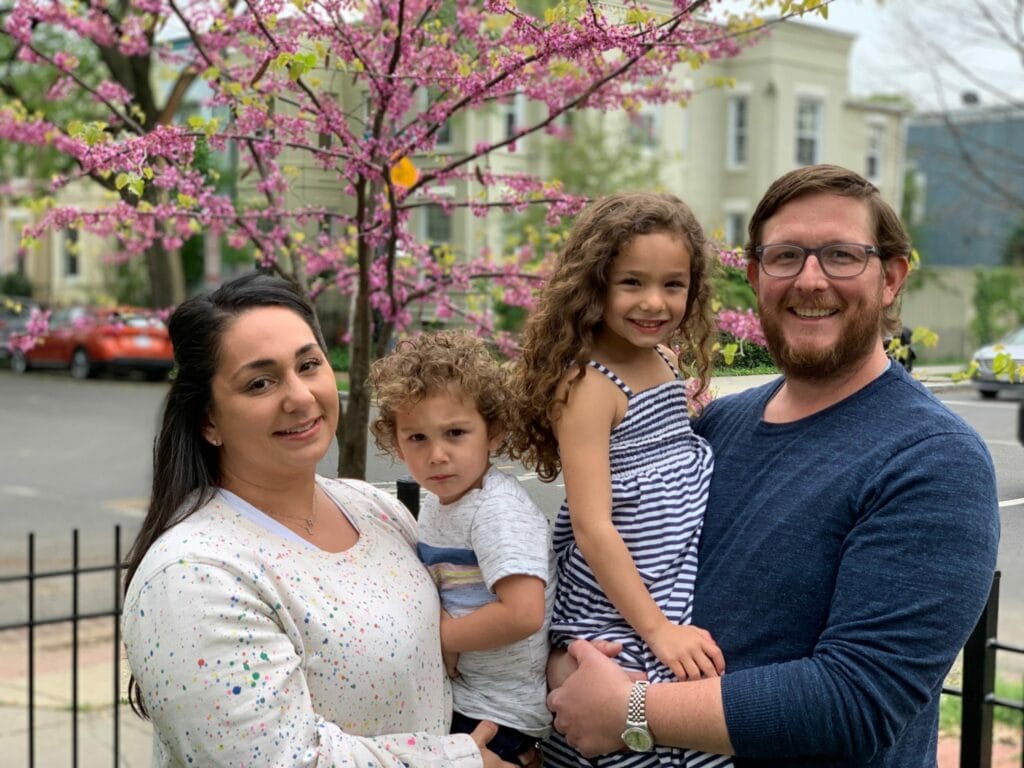
Melissa’s tale is one of many that is putting psilocybin in the spotlight as a treatment for postpartum depression. Vice recently covered the story of mother Julie Ugleholdt, who was driven to the brink of suicide by her postpartum depression. In her book Project Baby- My First Year As A Less Than Perfect Mother, Ugleholdt describes a similar situation to Melissa’s — magic mushrooms as a last resort. They were very difficult to access, and a frightening concept due to their illegal status. However, just like Melissa, they were her saviour. Ugleholdt states;
“I hope it can become an option that’s taken seriously in psychiatry as an alternative to antidepressants. That way, people won’t have to buy it in secret from a dealer, and they’d be able to get some guidance and support with the process.”
Change Is Coming
Another voice, in a chorus of many, crying out for changes in regulation laws. Think of all the parents who could have been helped by psilocybin if they’d have had access to it. Lives could have been changed. Thankfully, with people like Melissa campaigning, change is coming.
And luckily for you, you can order your psilocybin packed magic truffles or magic mushroom grow kits from us today! Check out our full range!
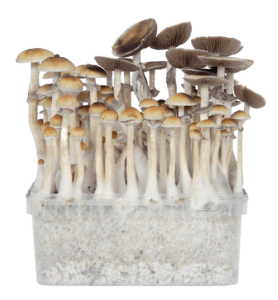
*Our products are for both recreation and healing. If you are struggling with your mental health make sure you are in contact with a therapist or health practitioner in parallel to integrating psilocybin into your life.



